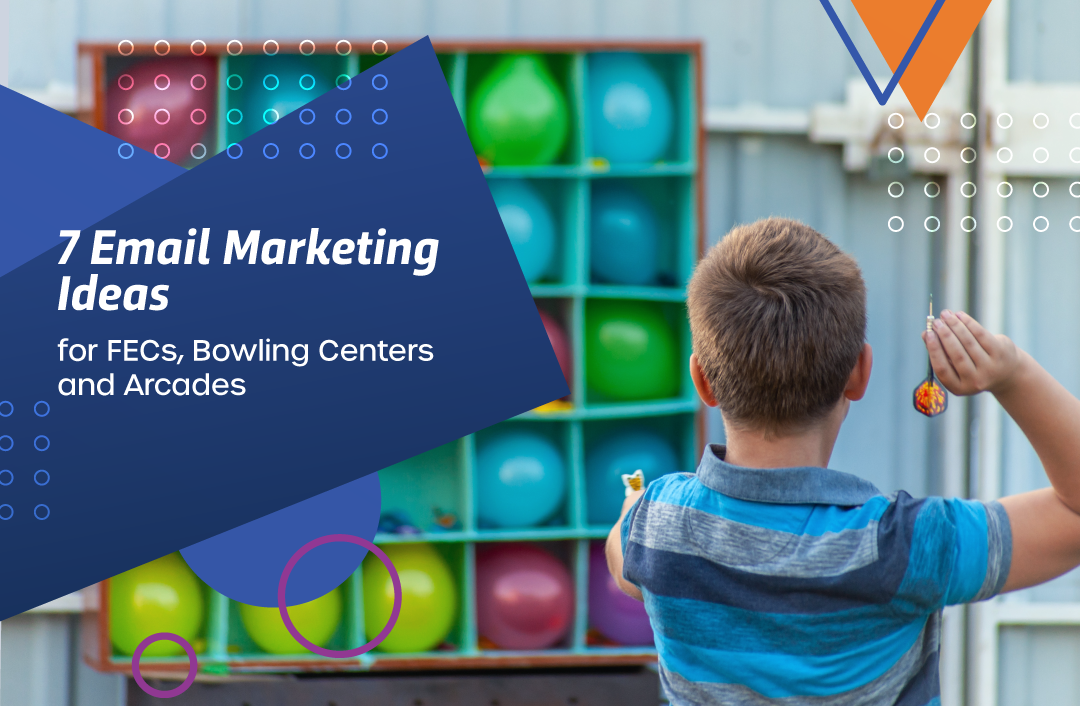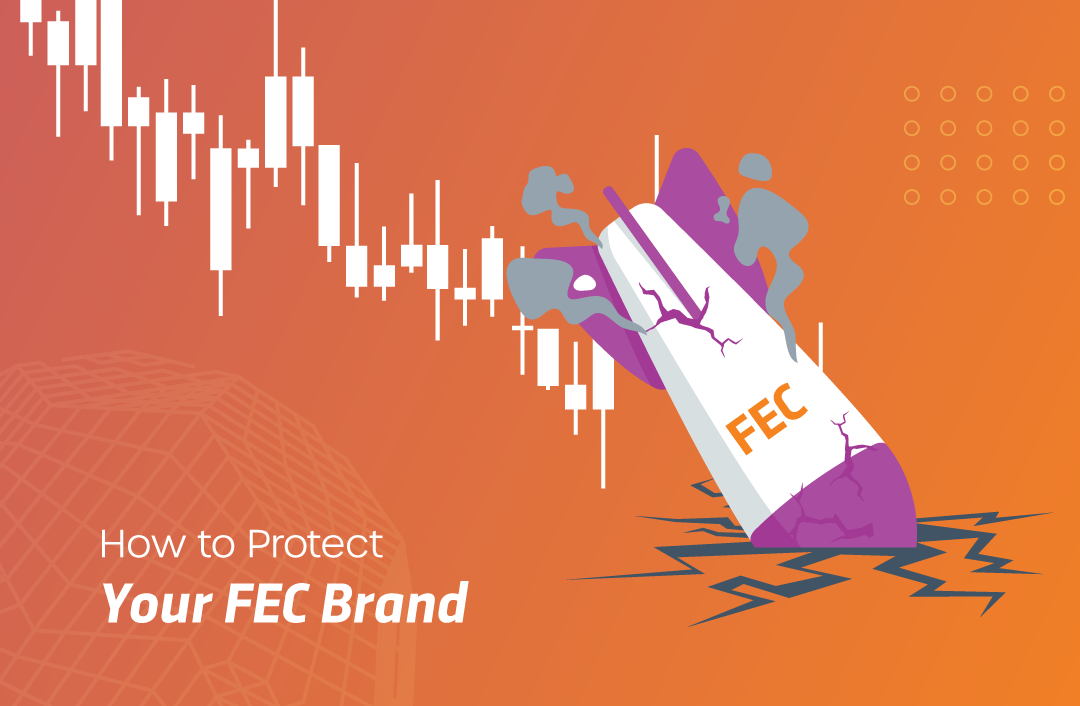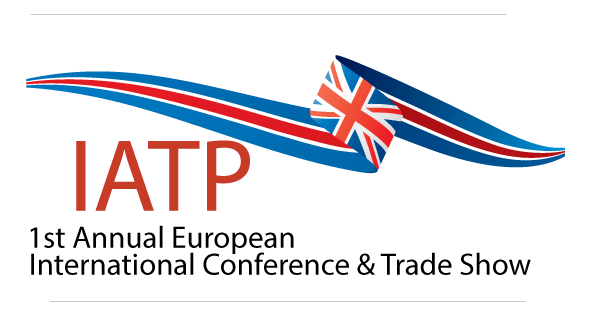It’s an exciting time to be in the business of fun!
CenterEdge recently had the opportunity to attend and exhibit at the International Association of Trampoline Parks’ (IATP) first annual European Trade Show and Conference in London. Operators and vendors from all over Europe attended to learn and share ideas with one another. The trampoline park industry is growing so much, especially internationally. In other words…it’s an exciting time in the business of fun!
The conference offered seminars on a variety of topics including food and beverage, safety and lessons learned when opening new parks. Growth was a hot topic on everyone’s mind, and I presented a session to operators (and many vendors!) on getting the best return from your event sales efforts. A healthy event sales program is a critical component of every successful entertainment facility, but many operators are uncertain about the true potential of their event sales program, or even what is possible from the program they currently have in place.
According to the Advanced Selling Podcast (Episode 428), over 60% of surveyed (highly successful) entrepreneurs cited lack of clarity as the number one problem holding their performance back. The session offered two different methods to assess the potential of any sales program and how to provide the clarity necessary to set meaningful goals followed by a focused, efficient approach to putting your plan into action.
When it comes to prospecting, many people succumb to anxiety of “Where do I even start?” and that can cost precious time – and revenue. It’s crucial to be just as deliberate in your prospecting as with your goal setting and operational processes. Here’s how to maximize your effectiveness, even with limited time and resources:
No. 1: Determine Event Trends
In addition to rebooking all past events, be sure to analyze those events to determine those with the most potential. Then begin to brainstorm and target organizations and groups like those. Use past successes to build momentum in sales calls and during sales conversations to continue to build trust with prospects who would like to know about your experience with groups like theirs.
No. 2: Identify Your Potential Prospects
From there, widen your net and target organizations with a similar vision or shared purpose with yours. People naturally connect faster with others like themselves, and this will give you a great way to relate to them right away.
No. 3: Outline Your Strategy
A systematic approach to prospecting requires a systematic approach to managing your sales cycle. Be sure you have determined the most efficient sales process with clear actions that take place every call, an electronic (yet easy to use) place to house leads and help you manage relationships and a process for managing past and future win, learning opportunities and stalled relationships.
None of this will get you what you seek unless you are clear about your goals, what it will take to achieve them and how you plan to measure success along the way. One major key to successful sales management is to focus on results first and foremost without getting mired in too much detail. Let the results speak for themselves and use detail to help you hone in on weak spots. To help, we’ve created a sample Goal Achievement worksheet that can be used as a quick visual workbook to give you the structure and clarity necessary to win big at event sales.
Download the Goal Achievement Worksheet here: {{cta(‘7935be3c-a53d-4053-8ca4-da9c50c6b497’)}}
Search Resources
Subscribe to Email Updates
Featured Resources
Blogs //
7 Email Marketing Ideas for FECs, Bowling Centers, and Arcades

Blogs //
5 Event Types that Can Win Big For Your FEC

News //
CenterEdge Welcomes John Keys as Sales Director

Blogs //
How to Protect Your FEC’s Brand

Posts by Topic
- Advantage Payments (7)
- Brand Management (19)
- Business Growth (81)
- Capacity Management (2)
- CenterEdge News (28)
- Client Interviews (8)
- Credit Card Processing (3)
- Data & Reporting (12)
- Digital Signage (1)
- Event Management (20)
- Facility Management (10)
- Food & Beverage (8)
- Guest Experience (34)
- Guest Management (20)
- Holiday Season & Promotions (5)
- Industry Events (10)
- Inventory Management (1)
- Loyalty Programs (8)
- Marketing Tips (24)
- Operations (1)
- Point of Sale (10)
- Product Launch (11)
- Productivity (5)
- Profitability (35)
- Redemption Management (1)
- Sales (35)
- Season Passes (1)
- Team Training (60)
- Waivers (2)

Leave a Comment